My people
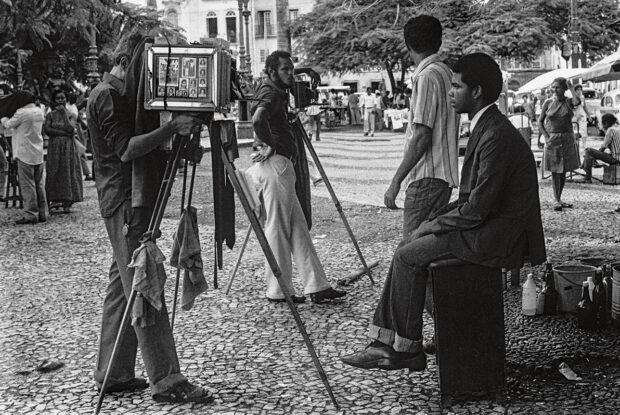
It is not uncommom for photographs to take on a life of their own, becoming better known than the photographer who took them. This is a recurrent theme in Lita Cerqueira’s work. There is a deep sense of familiarity surrounding many of the images she has taken over the last forty years, stemming from both […]
The lightness of the home
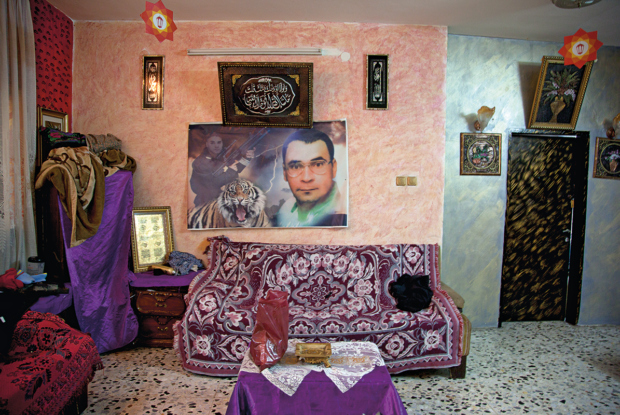
Since the past two decades Ahlam Shibli’s photographic work has become one of the sharpest and most insightful of the contemporary art field. Her work has been presented in solo and group exhibitions internationally. Born in 1970, in Palestine, Ahlam Shibli has produced many different series of photographs whose main concern is the […]
Violent geometry
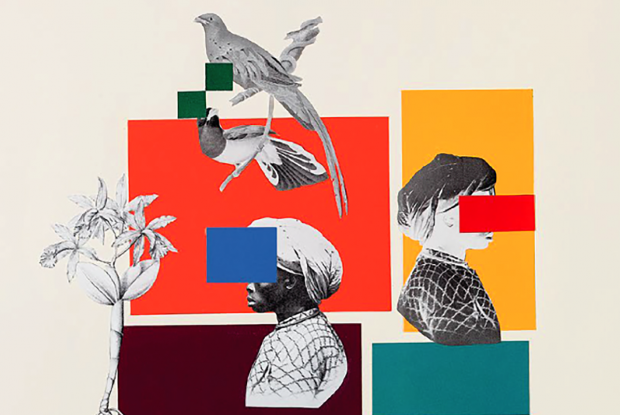
In the second half of the 19th century, photographic studies of Imperial Brazil left us with images which allow us to get to know the faces of children, men, and women who lived under the yoke of slavery. The photographic records of humans of African descent taken at that time have been investigated by a […]
Black is king?

You are welcome to come home to yourself. Let Black be synonymous with glory. The visual album Black Is King by the American singer Beyoncé Knowles-Carter consists of a sequence of video clips from her album The Lion King: The Gift, created as the soundtrack to the new version of the film The Lion King […]
Africa of the mind
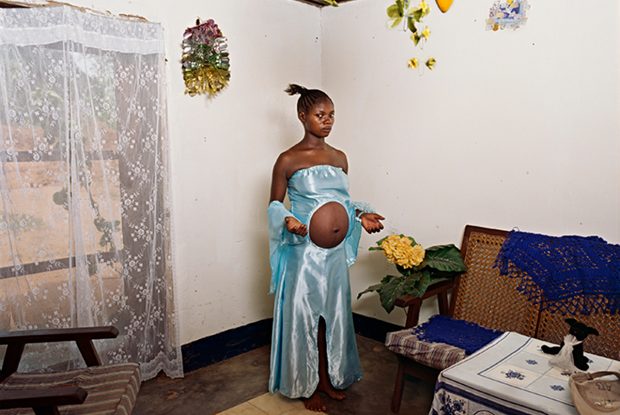
Imagine a goddess. Envision a queen. Her skin is dark, her hair is black. Anointed with Jergens lotion, she possesses a spectacular beauty. Around her lovely wrist winds a simple silver band, like two rivers meeting at a delta. Her curves are ideal, her eyes narrowed and severe; the fingers of her right hand signal […]
Understanding through photography
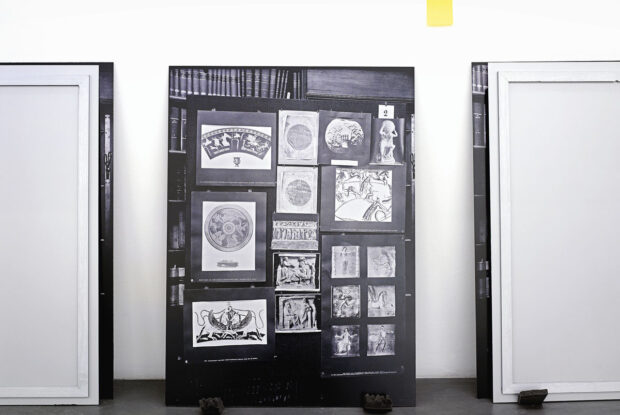
Arno Gisinger: From the end of the 19th century, the great art historians, such as Heinrich Wölfflin, considered it normal to include photography in their research and teaching practices. But, above all, it is Aby Warburg’s famous Mnemosyne Atlas which places photography in the center of a new way of thinking, a new methodology used […]
Eyes of blood
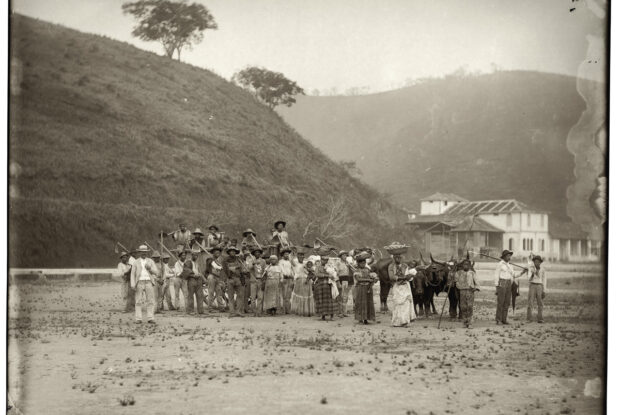
The story of Marc Ferrez is intertwined with the history of photography in Brazil. Born in Rio de Janeiro in 1843, the son of a sculptor, Ferrez was orphaned when he was seven years old and went to live in France. When he returned to Brazil, he started working at the photographic studio Casa Leuzinger, […]
Everyday life on the hill
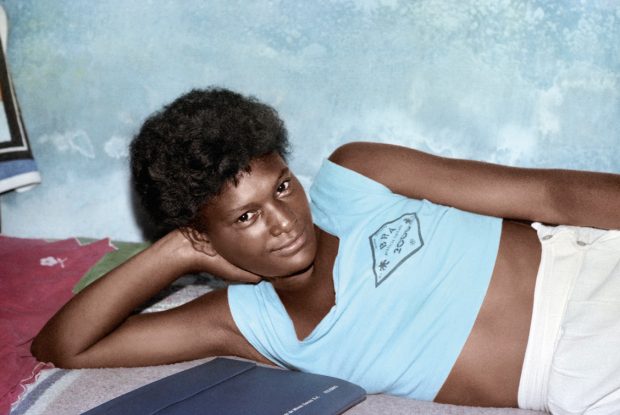
Afonso Pimenta’s portraits of the inhabitants of the Aglomerado da Serra community in Belo Horizonte, Minas Gerais, taken in the 1980s fill a gap in the recent visual history of Brazil, a period when photography was still a privilege of the few. Now 64 years old, Afonso Adriano Pimenta has done a bit of everything. […]
Unlearning the origins of photography
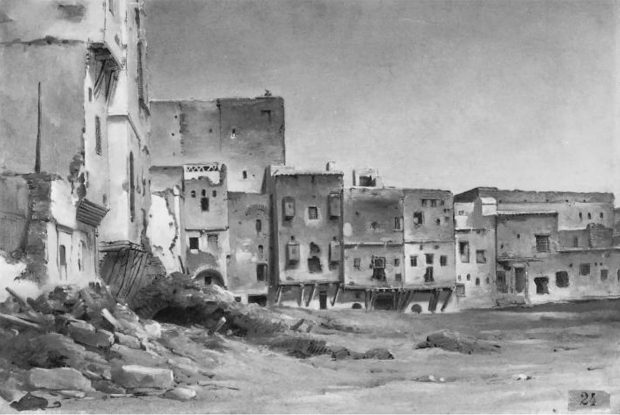
Imagine that the origins of photography go back to 1492. What could this mean? First and foremost, that we should unlearn the origins of photography as framed by those who were crowned its inventors and other private and state entrepreneurs, as well as its association with a technology that can be reduced to discrete devices […]


